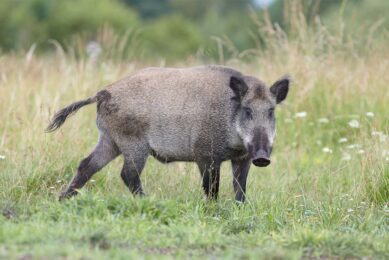Cambodia opens its markets to pig meat from Brazil

Cambodia has opened its markets for Brazilian pig meat. This happens at a time when local media report a re-emergence of the viral disease ASF.
That message was shared this week by the Brazilian Ministry of Agriculture, Livestock and Supply (MAPA). The Cambodian authorities allowed importations of fresh and processed pork cuts from Brazilian industries with the same standards of their internal market.
Brazil supplying meat to ASF affected country
The Asian country was affected by African Swine Fever (ASF) and, according to Ricardo Santin, president of the Brazilian Association of Animal Protein (ABPA), Brazil can be a trustworthy partner on assuring meat supply.
Santin said, “Cambodia is an emerging hog producing nation, but has recently been impacted by cases of ASF. In this context, Brazil can establish itself as a solid partner to complement the local demand, helping the food security of the Cambodian population.”
The South East Asian country has over than 16 million inhabitants and undergoing an intense process of urbanisation and economic development. Between 2010 and 2018, the BNP has growth from US$ 11.2 billion to US$ 24.5 billion, or 118.75% of growth. As consequence, Cambodians are experiencing an increasing per capita income, which influences the potential of pork consumption. Currently, according to ABPA data, they consume 10kg per capita per year.
ASF re-emergence in Cambodia
Recently, the local newspaper Khmer Times reported the re-emergence of ASF in pigs in Cambodia, now in Banteay Meanchey province in the country’s north west, close to the border with Thailand. The Cambodian Ministry of Agriculture said those infected animals were transported illegally from Thailand. All pigs in surrounded area had been culled and border inspections will be strengthened.
11 outbreaks
According to the World Organization for Animal Health (OIE), Cambodia reported 11 outbreaks of ASF in 5 provinces, between March and July 2019. All these provinces (Rattanakiri, Tboy Kmoum, Svay Rieng, Takeo and Kandal) bordered Vietnam and the local pig farmers’ association said unregulated imports from Vietnam were to blame. In total, according to OIE figures, these outbreaks affected the lives of roughly 4,000 pigs.
 Beheer
Beheer








 WP Admin
WP Admin  Bewerk bericht
Bewerk bericht